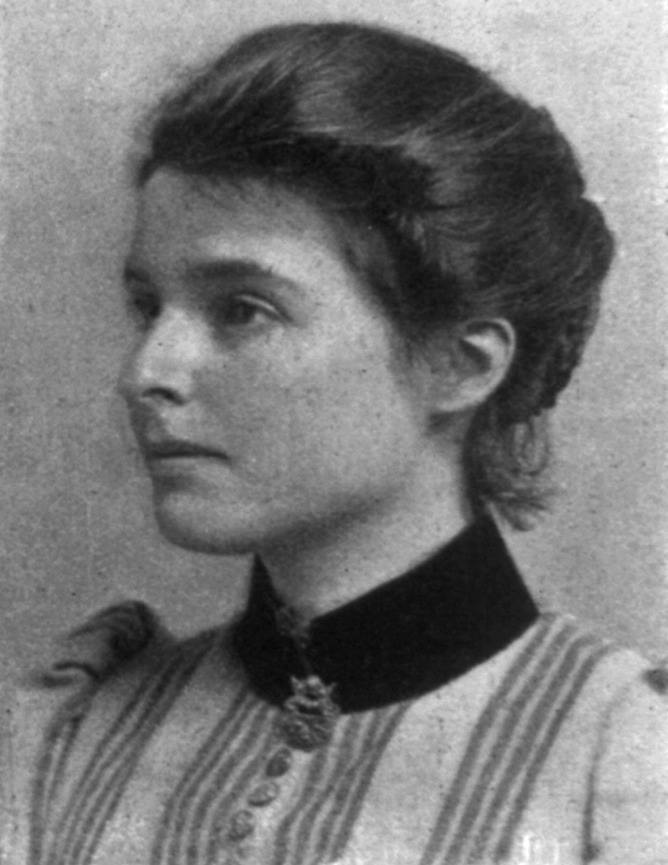Beatrice Potter, Development Worker?
Last time, I described how meetings once empowered participants, generating massive change in the UK. What we experience today as a tedious chore was once key to social change. What has gone wrong? To understand this we need to look at the second of four topics, key to understanding community development:
- Meetings
- Mutuality
- Mentors
- Models
This is the story of my hero, perhaps an early development worker – EV Neale, Edward Vansittart Neale. He was a barrister during his working life and a member of the Christian Socialist Movement during its first incarnation in the middle of the nineteenth century. He drew up the first Industrial and Provident legislation, which to this day governs co-operatives and Working Mens’ Clubs in the UK.
Upon his retirement at the age of 65, he was appointed President of the Co-operative Union and remained so until the end of his life, 18 years later. He grew a bushy white beard and became what was known as a GOM, a Grand Old Man.
Every year at their AGM, he gave an inspirational speech about the potential of the co-operative movement. He visited many European worker co-ops and they convinced him they were the way forward for working people. Every year he received a standing ovation for his inspirational speech.
Every year his great rival JTW Mitchell – President of the Co-operative Wholesale Society – reported on the growth of the wholesale co-op sector. Growth was steady but hardly inspirational. But people went home and carried on building retail co-ops, in practice ignoring Neale’s speeches.
Neale’s nemesis was a young woman called Beatrice Potter. She was a reporter and listened to his speeches. She did her own research and concluded worker co-ops were a non-starter. Look, she said, the interests of workers and consumers are opposed. Workers want to drive prices up and consumers want to cut them. The retail co-ops were very good at the latter which meant that income from wages tended to be reduced.
She argued Trade Unions were better placed to represent the interests of workers and so the new Labour Party (we’re in the early years of the twentieth century now) should be allied with the Unions and not the Co-ops.
For those of you hoping for Peter Rabbit or Mrs Tiggywinkle, I’m afraid this Beatrice Potter is the one who married Sydney Webb and is better known as the redoubtable (always wanted to use that word) Beatrice Webb. Together they founded the Labour Party.
So, Neale’s ideas were side-lined and in time we lost track of mutuality as a value underlying our economy. In the 1980s, carpetbaggers led a campaign to demutualise many of our building societies and other financial institutions. So, now in England they are mostly forgotten and frequently not understood.
Potter’s approach may have been the right one for its time. At the time, large employers employed most workers and so it made sense to organise the workforce. The trade union spirit was essentially mutual, although perhaps more confrontational than the retail co-ops. The challenge for any community development worker or movement is to ask how we can find our way back to co-operative principles.
How did working people support development of mutuals in the nineteenth and early twentieth century?
